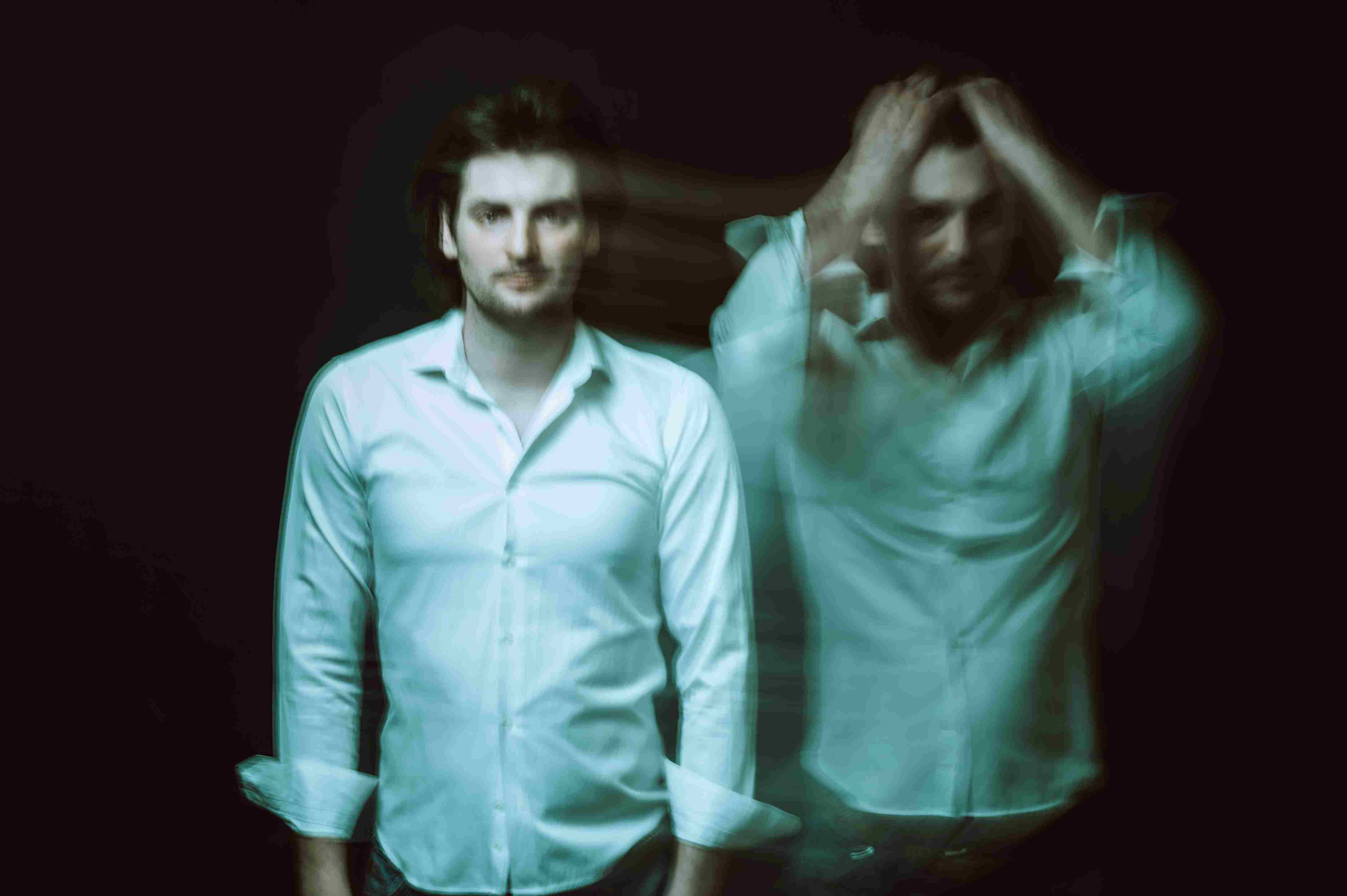
Bipolar Disorder
Bipolar disorder, also known as manic-depressive illness, is a mental health disorder characterized by extreme shifts in mood, energy, and activity levels. Individuals with bipolar disorder may experience periods of intense highs, known as manic or hypomanic episodes, and periods of deep lows, known as depressive episodes.
Therapy can be an effective treatment option for individuals with bipolar disorder. Here are some of the ways therapy can help:
- Cognitive-behavioral therapy (CBT)
This type of therapy focuses on changing negative thought patterns and behaviors associated with bipolar disorder. CBT can help individuals learn coping strategies to manage mood swings, identify triggers, and develop a more positive outlook.
- Interpersonal and social rhythm therapy (IPSRT)
This type of therapy focuses on developing regular routines and sleep patterns to help stabilize mood. It can also help individuals develop social support systems and improve interpersonal relationships.


- Family-focused therapy
This type of therapy involves the individual with bipolar disorder and their family members. It can help family members learn about bipolar disorder and how to support their loved one. Family-focused therapy can also help improve communication and reduce conflict within the family.
- Mindfulness-based therapies
These types of therapies can help individuals with bipolar disorder learn to observe and accept their thoughts and feelings without judgment, which can reduce distress and improve overall well-being.
- Medication management
While therapy can be effective for treating bipolar disorder, medication may also be necessary. A mental health professional can work with the individual and their doctor to determine the best treatment plan, which may include medication and therapy.
Overall, therapy can be an effective treatment option for individuals with bipolar disorder. By working with a trained therapist, individuals with bipolar disorder can learn to manage their symptoms, develop healthy coping strategies, and improve overall well-being and quality of life.

